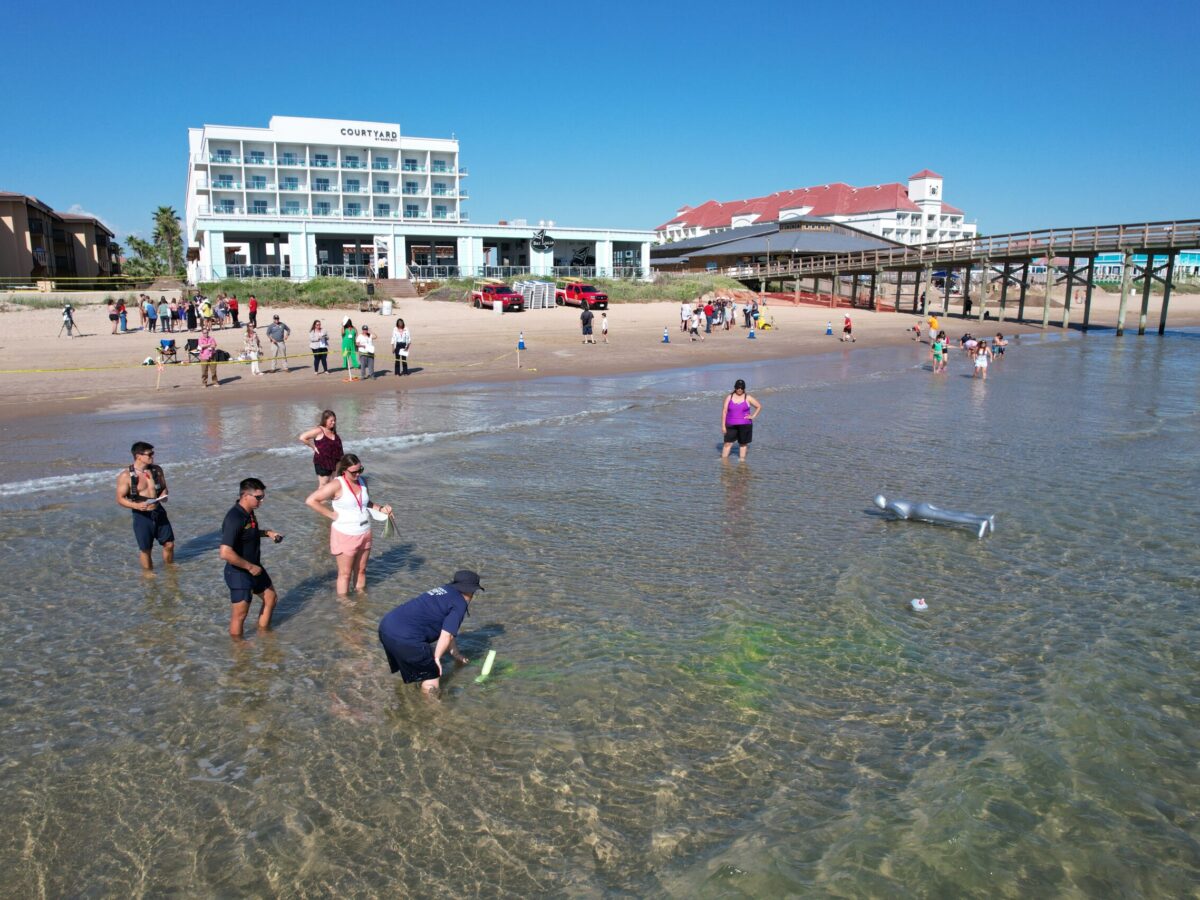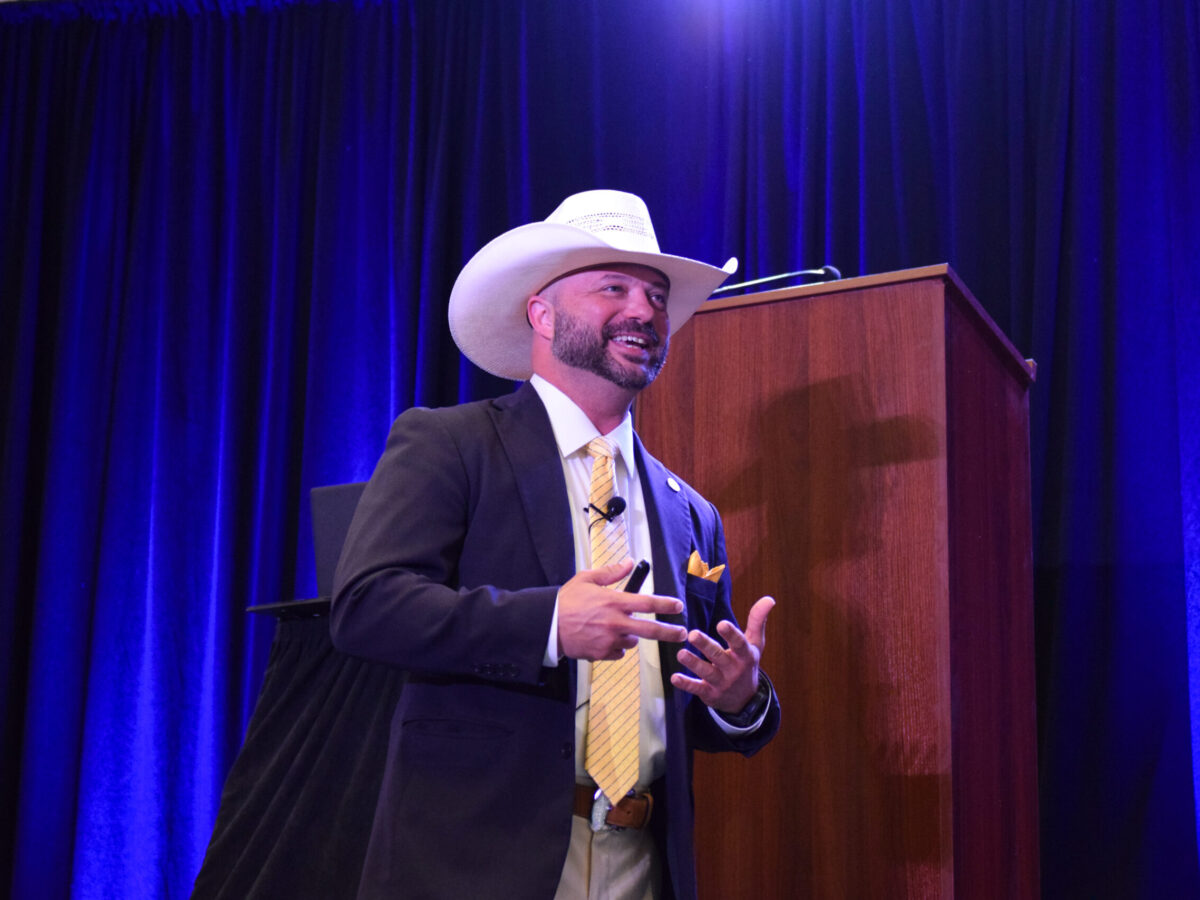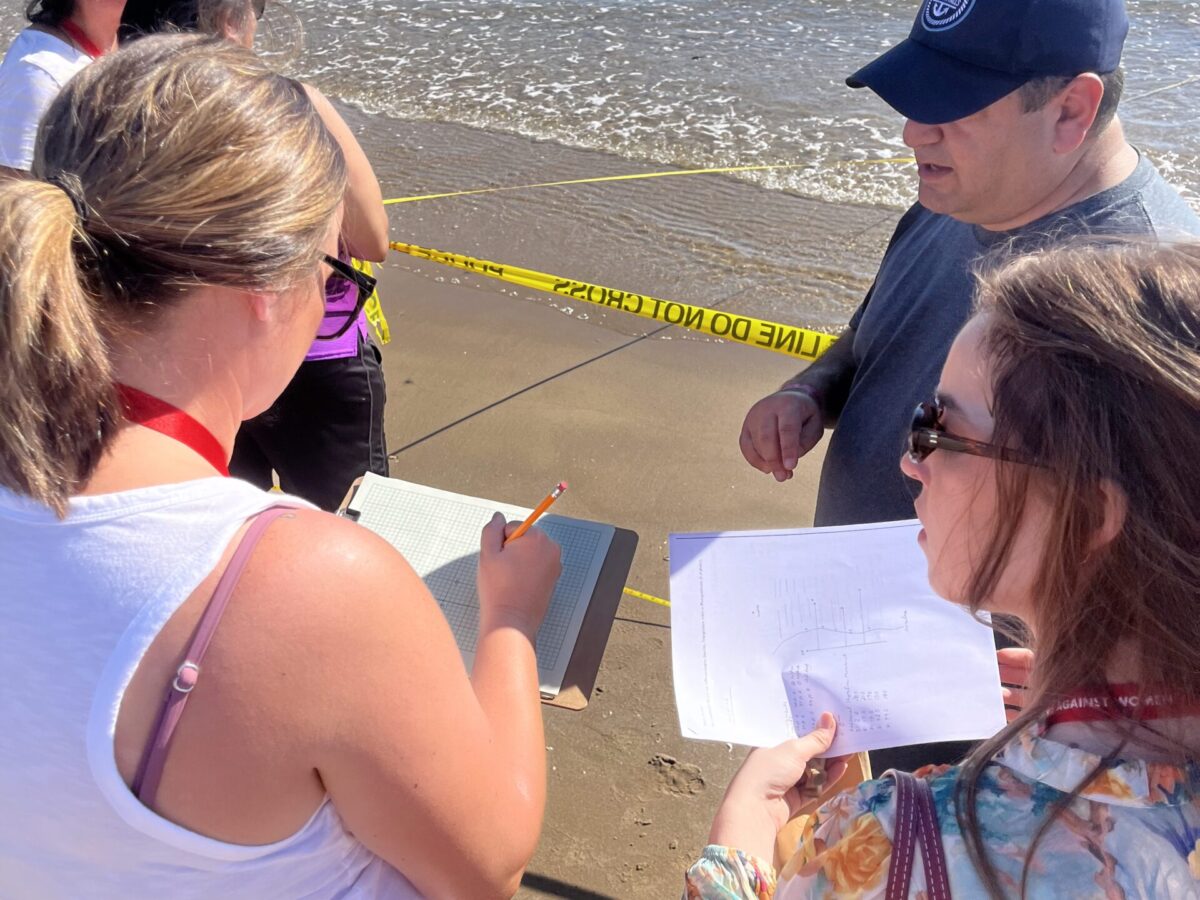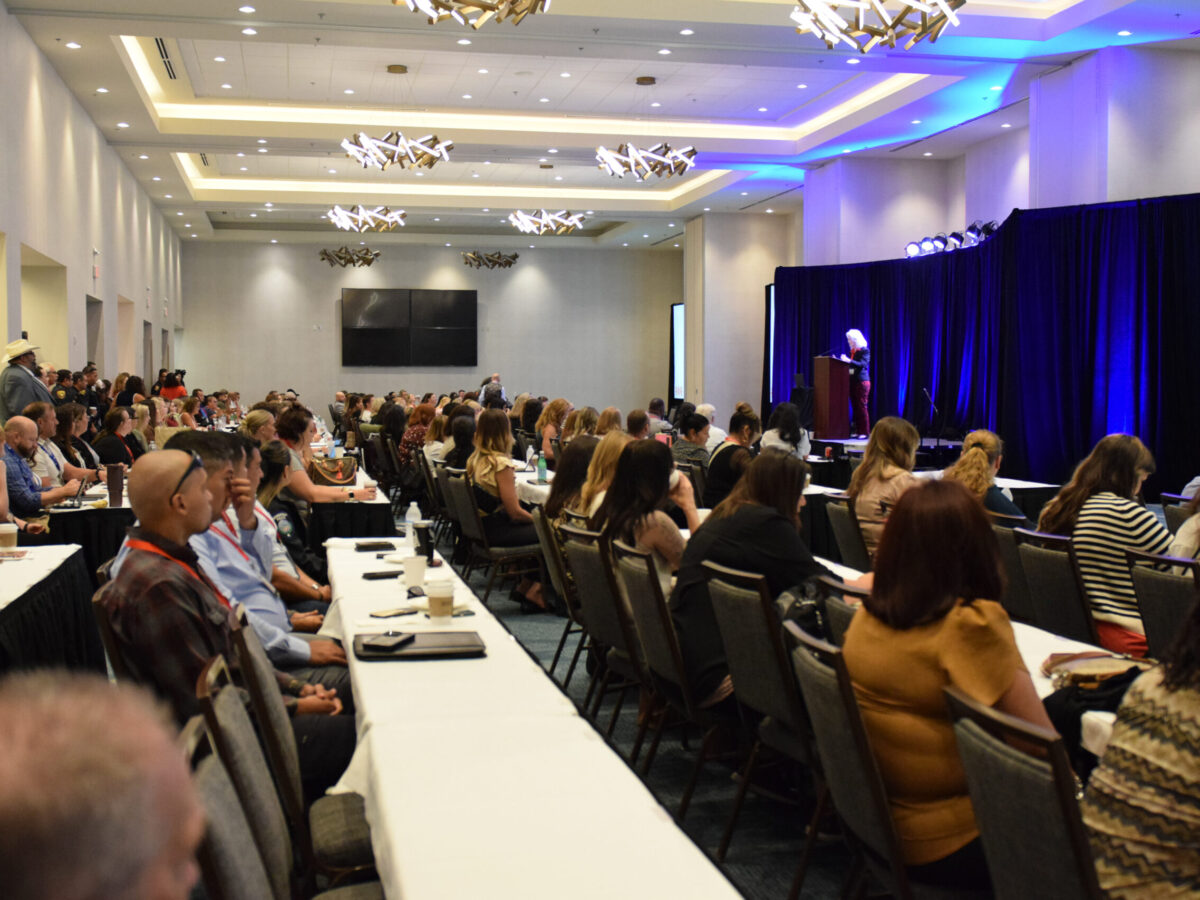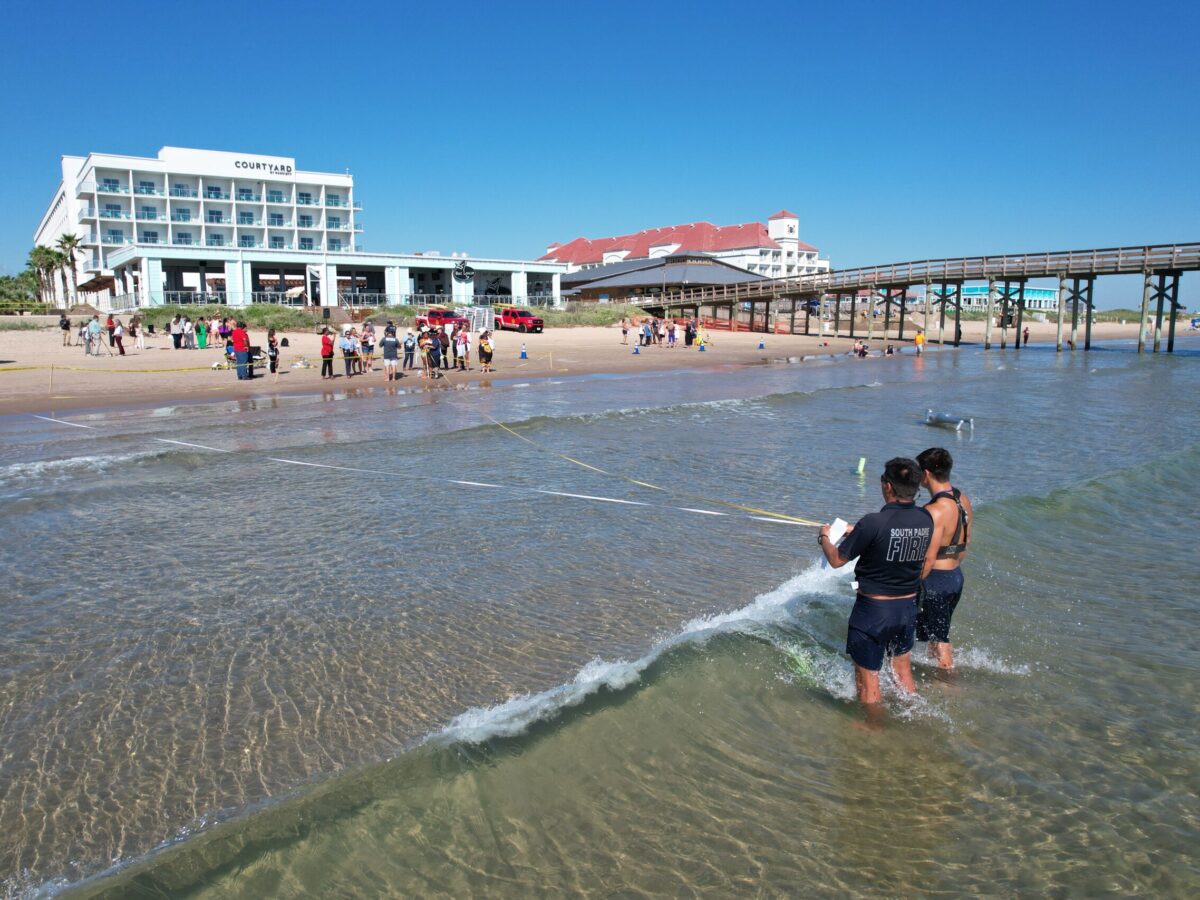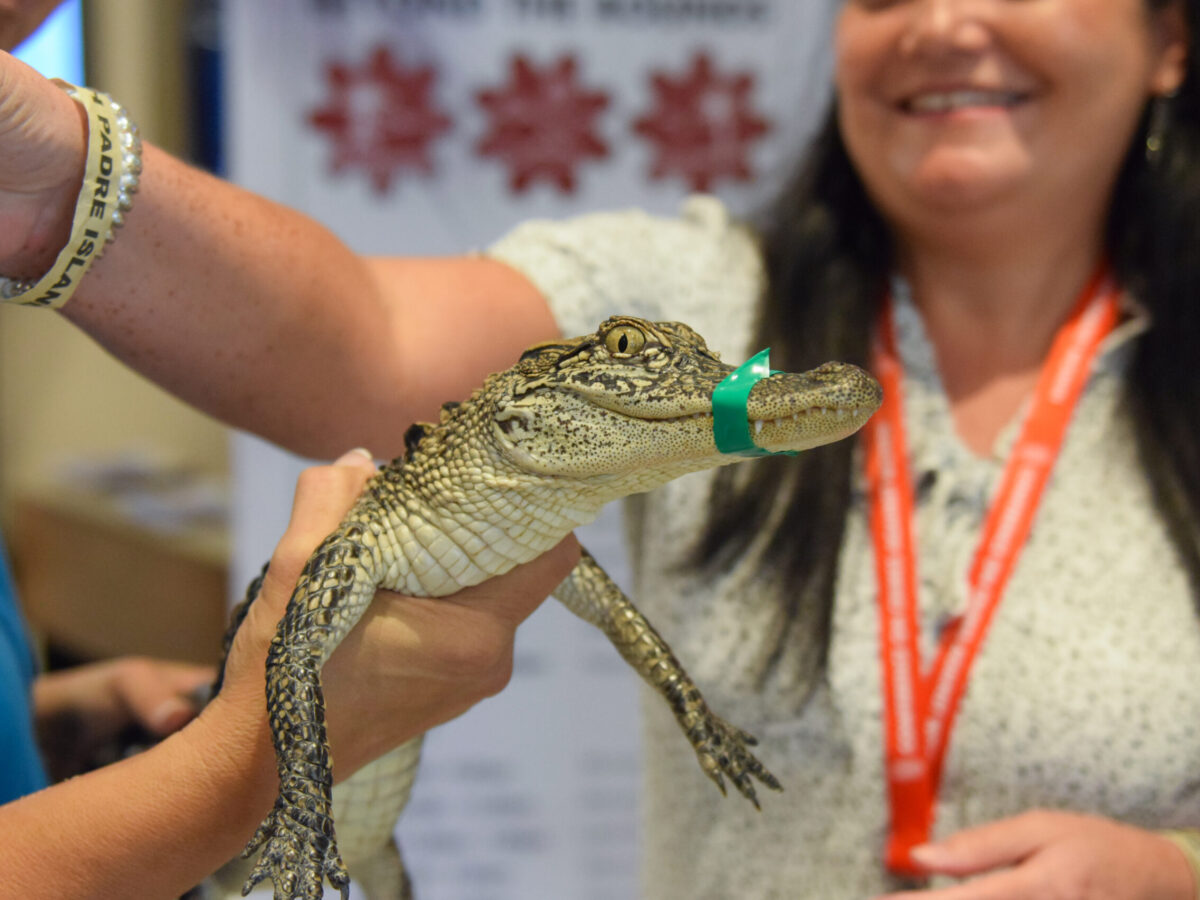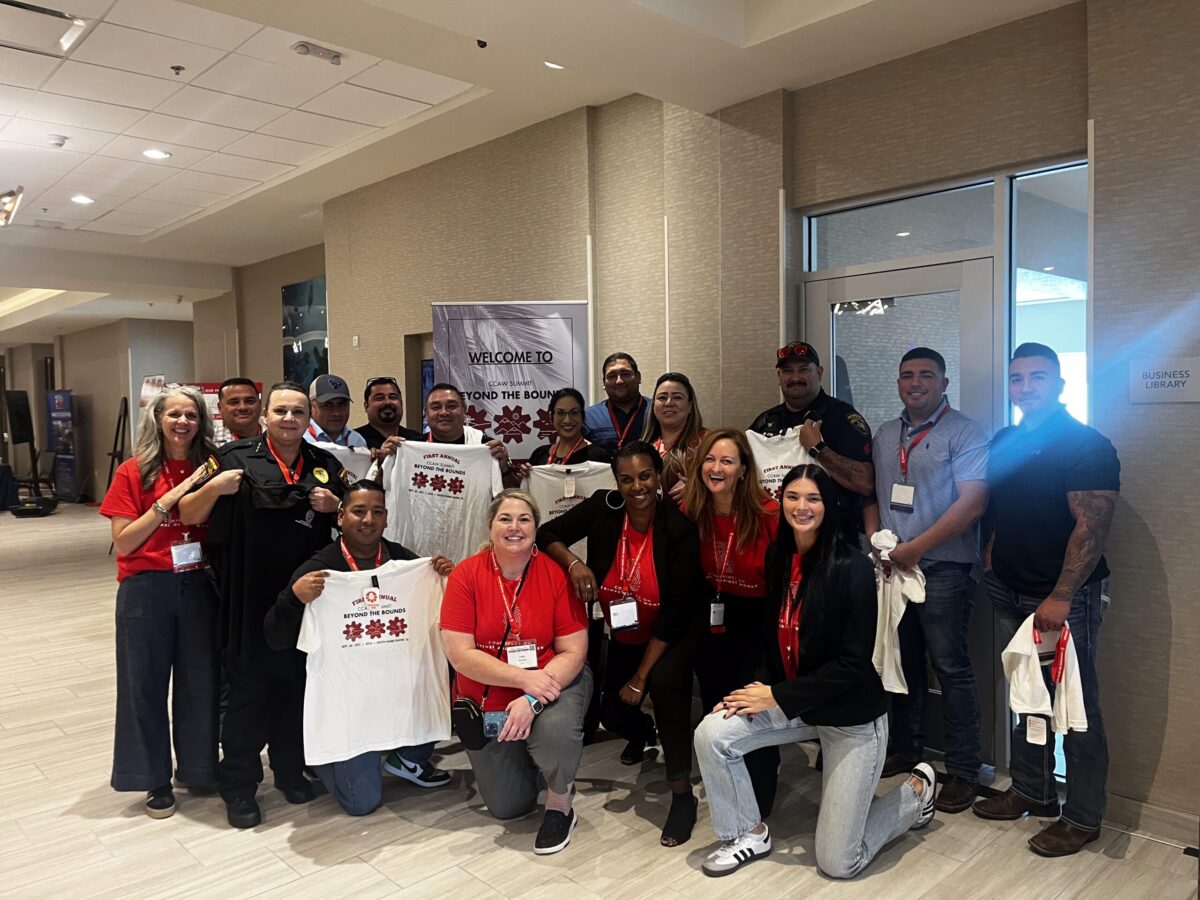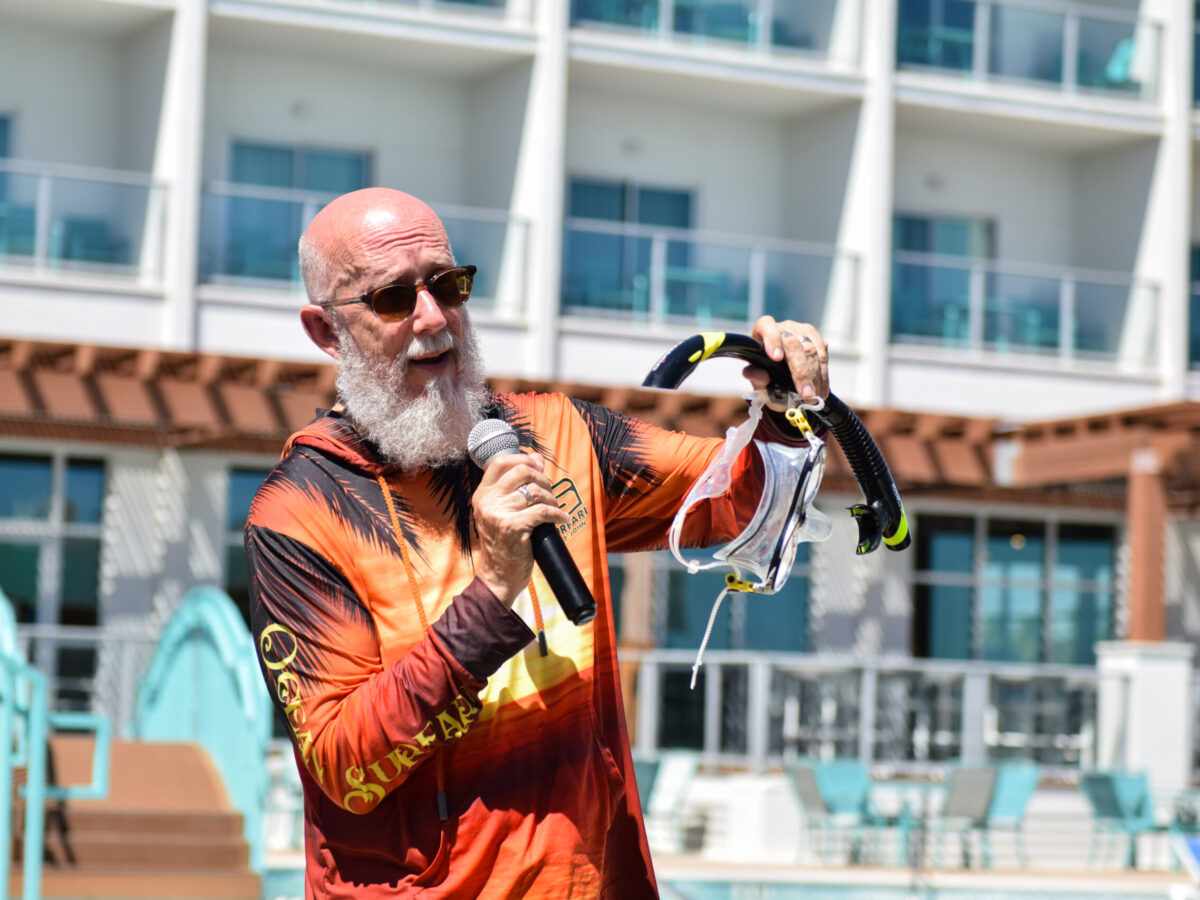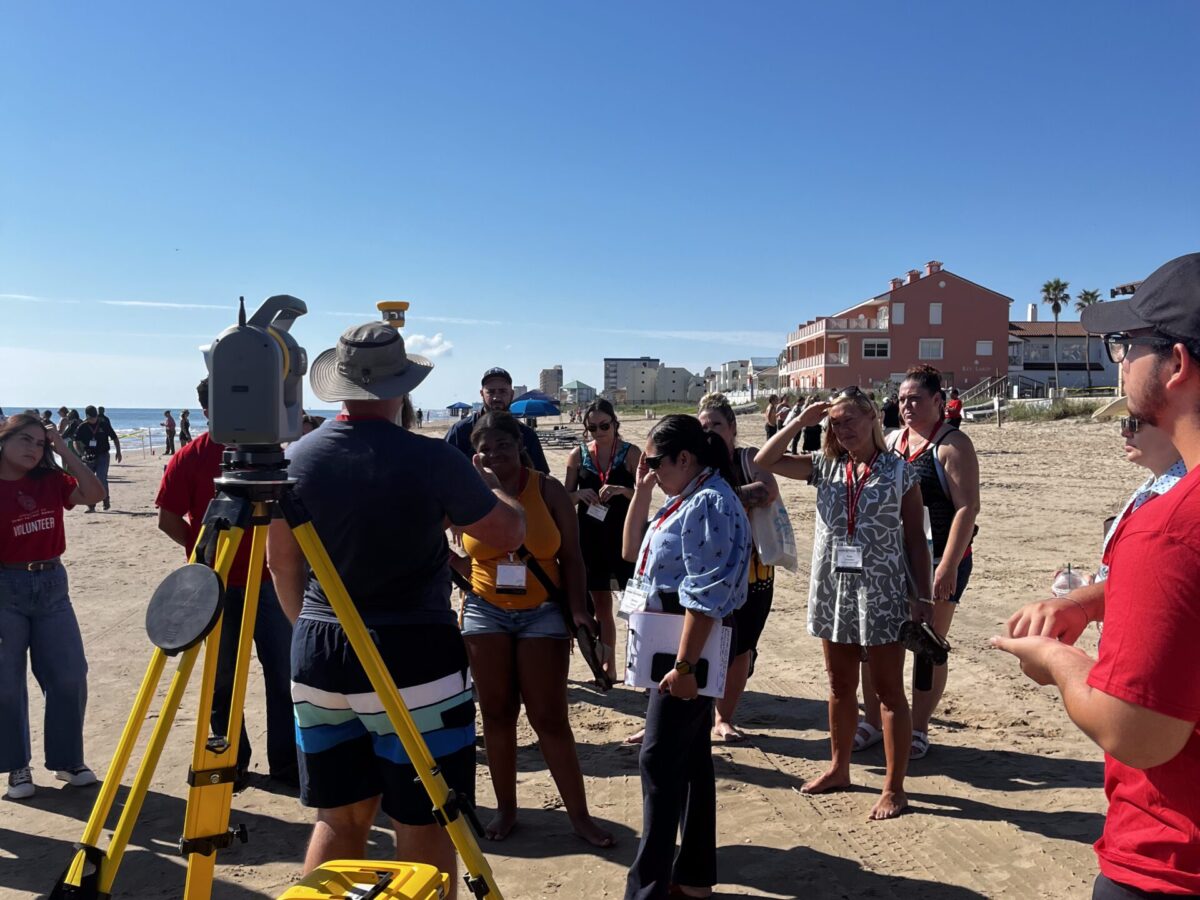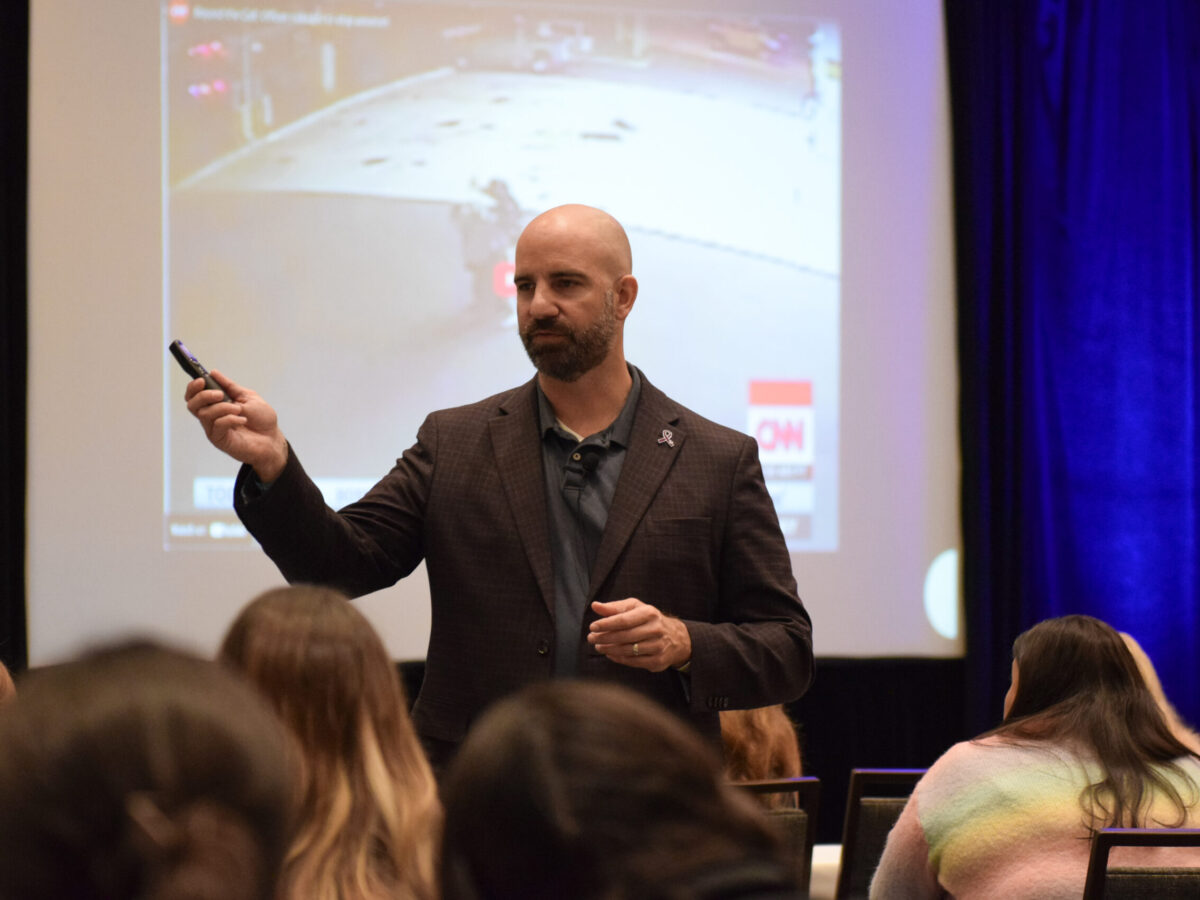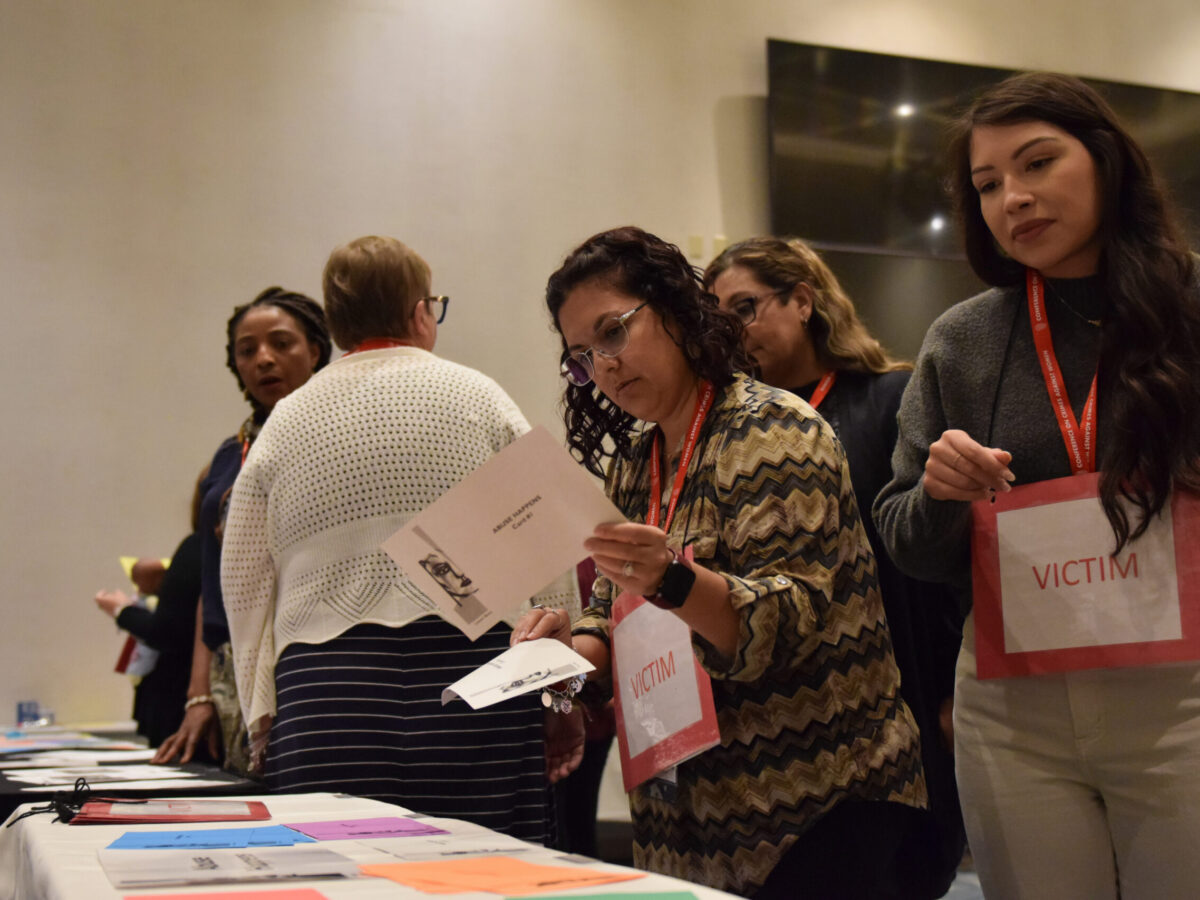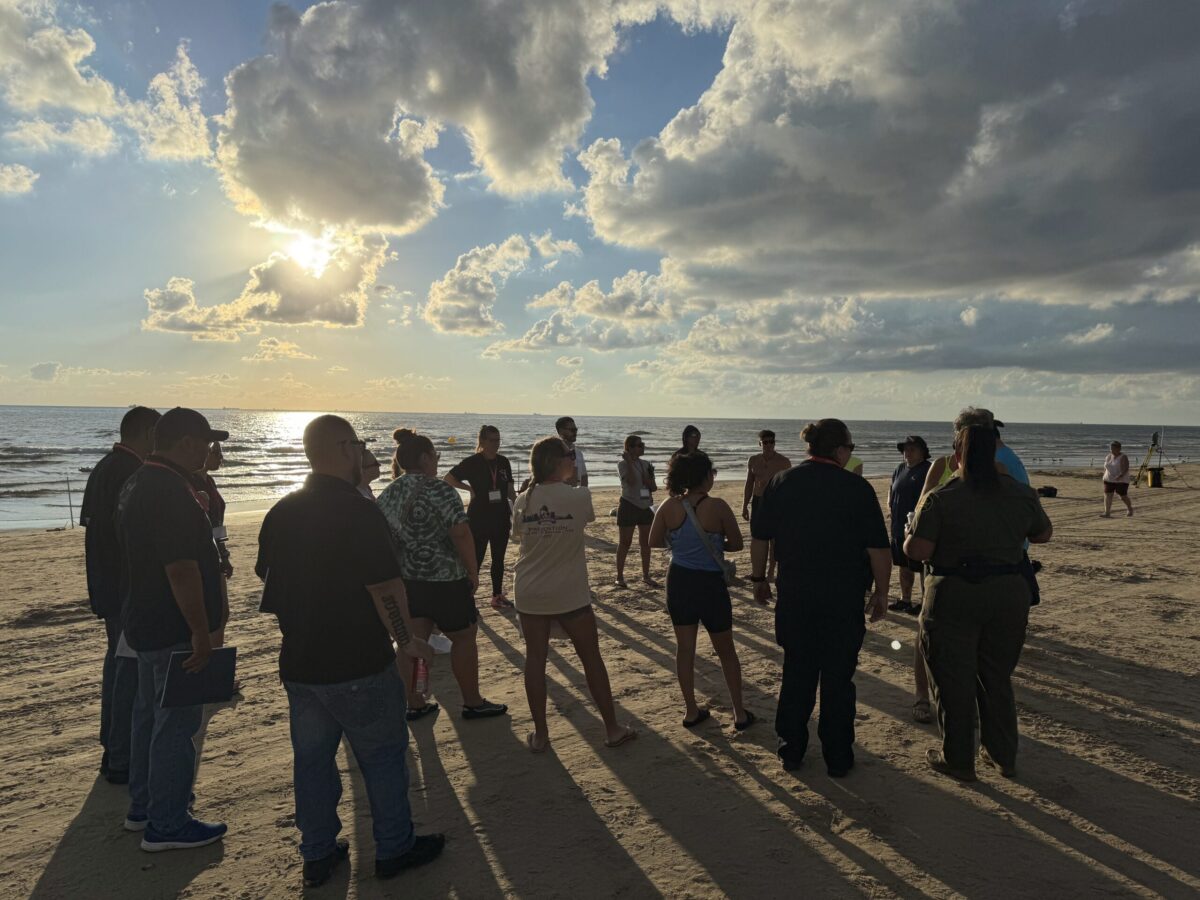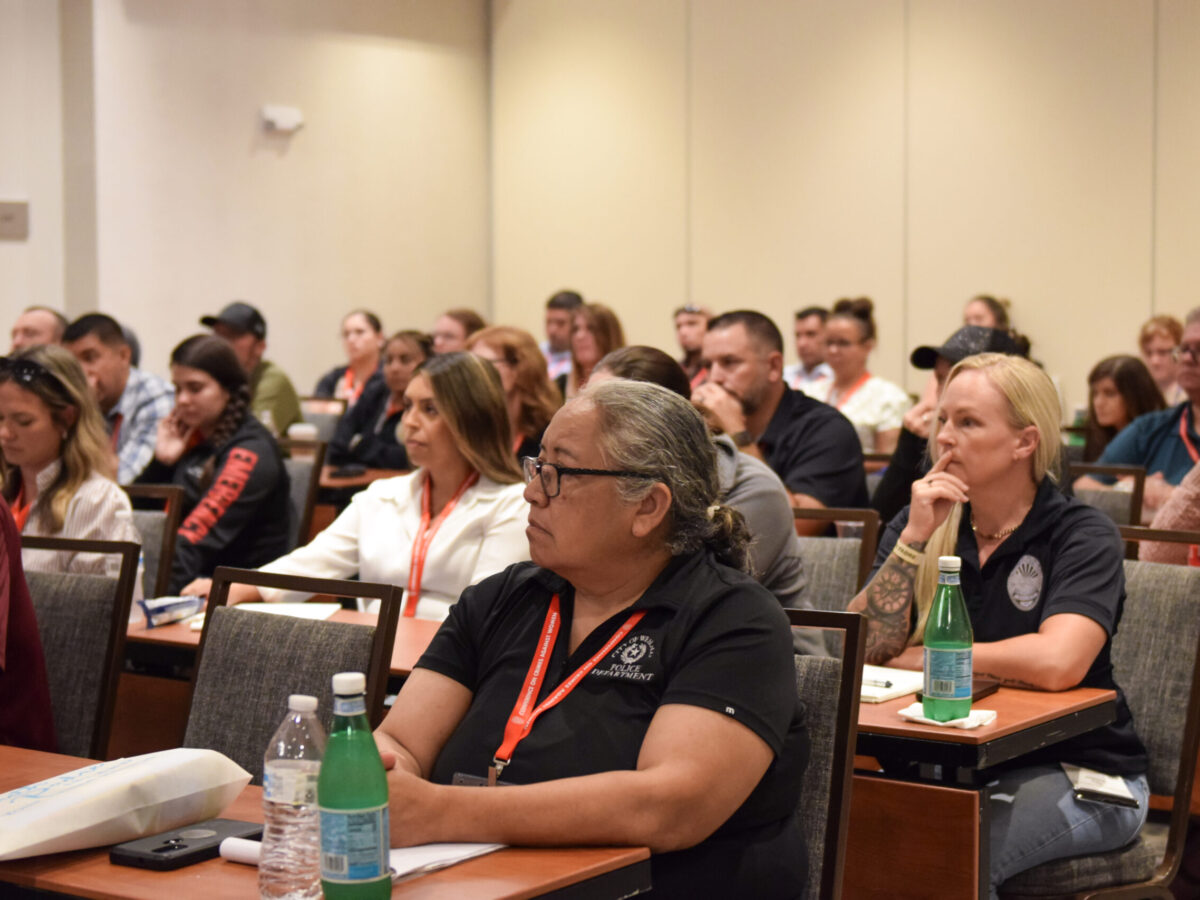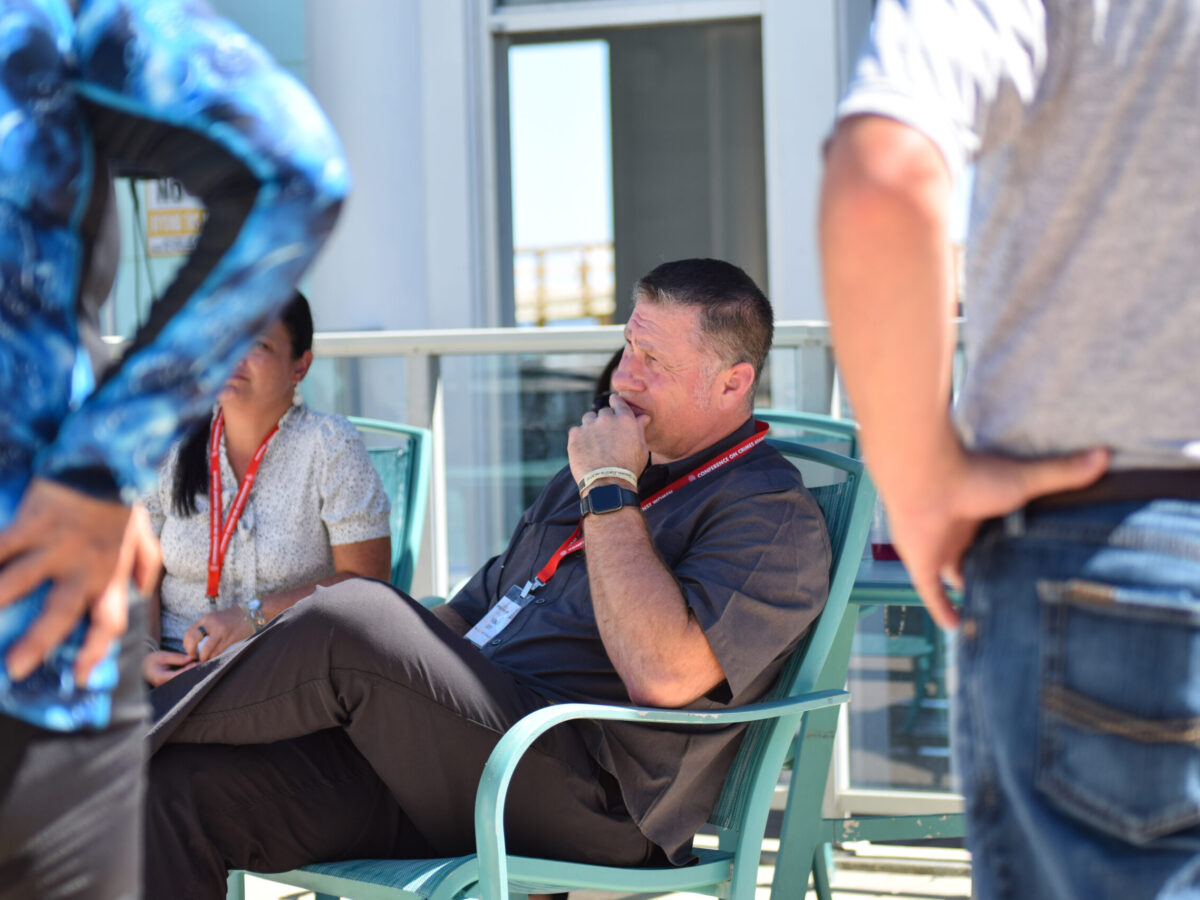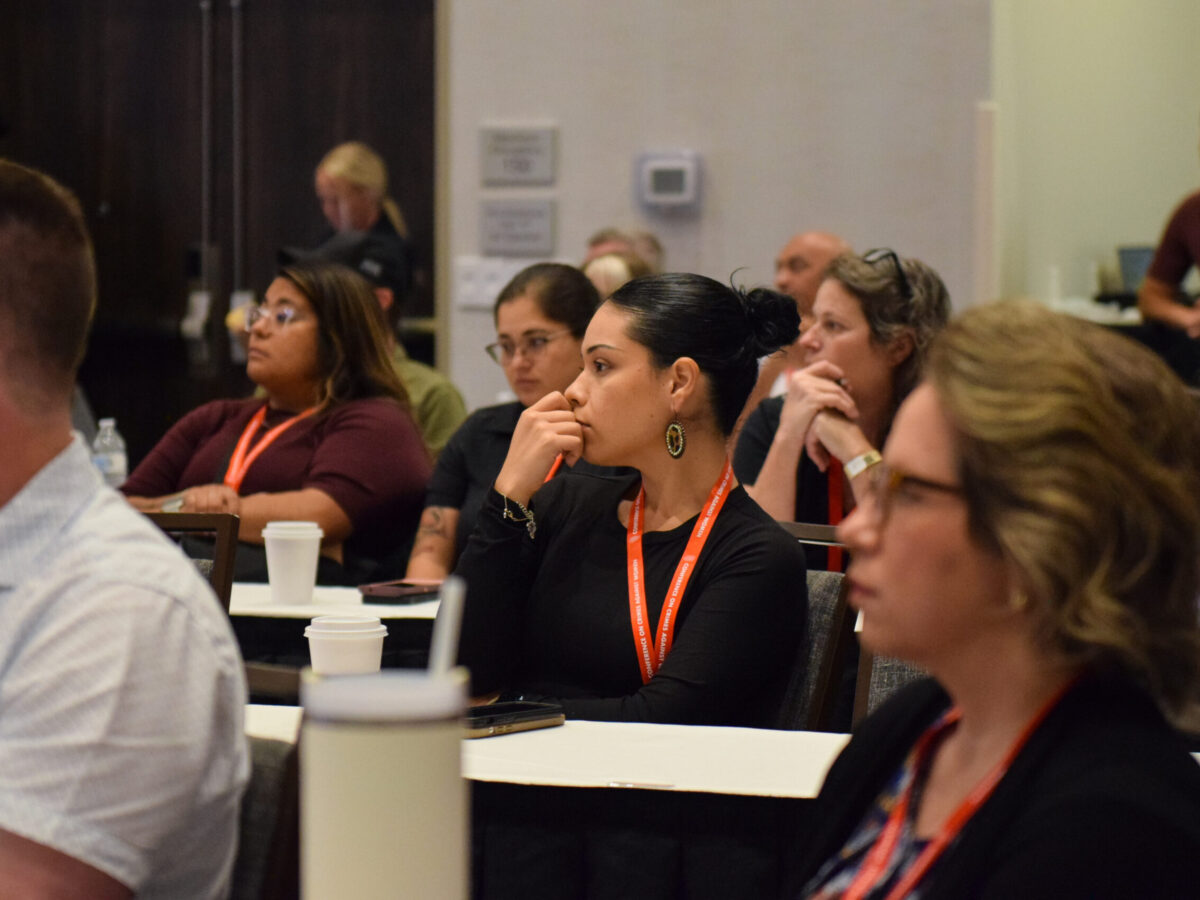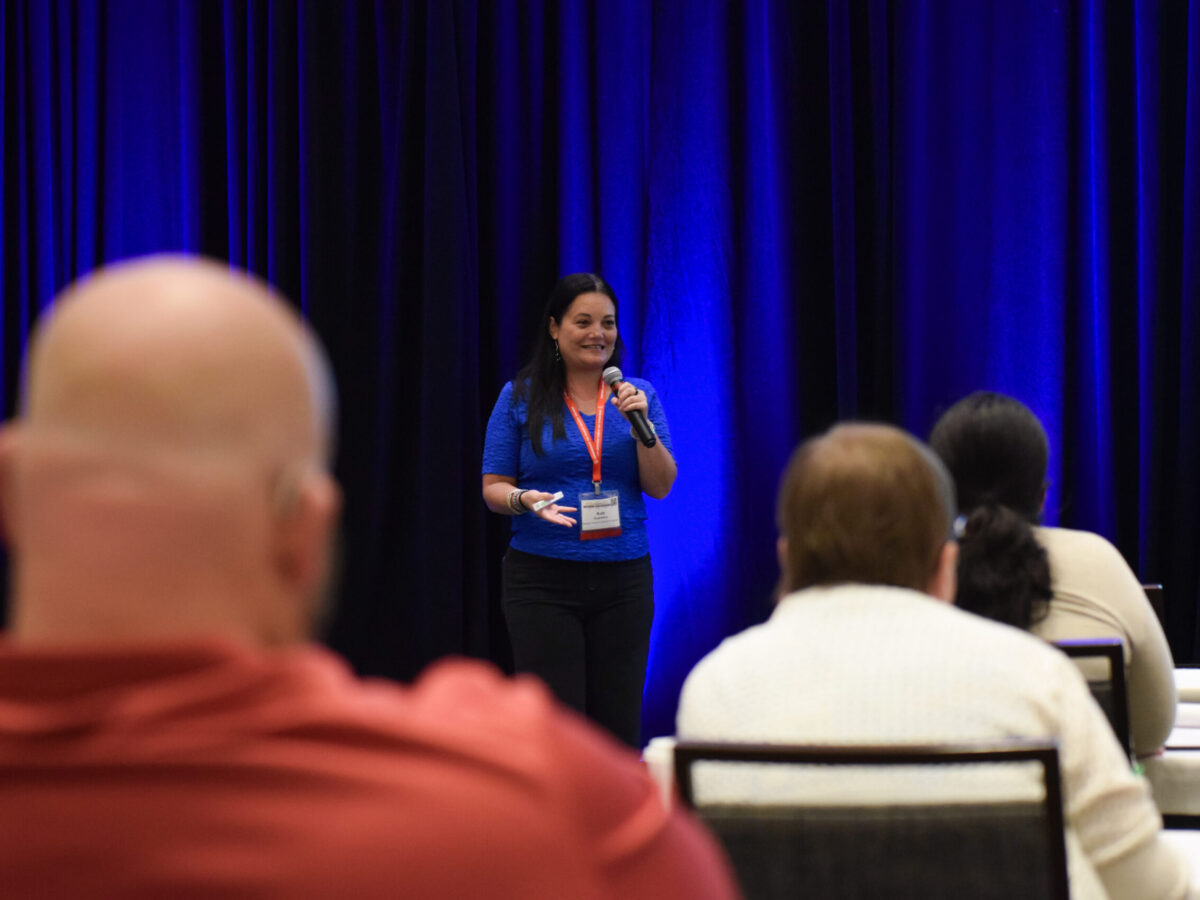12 workshops were recorded at CCAW Summit. You can purchase access to these sessions below.
Did you miss CCAW Summit?
Don't worry! You can be a part of it - virtually!
$100
You can receive CEUs upon completion of viewing the workshop and completing the survey.
Make sure to watch all the sessions you want to receive credit for BEFORE completing the overall survey. Once the overall survey is completed – your certificate will be generated and cannot be altered.
What is CCAW Summit: Beyond the Bounds?
The CCAW Summit: Beyond the Bounds serves as an extension of the Conference on Crimes Against Women to highlight the specific gender-based challenges that are unique to coastal cities, rural towns, and resort communities. Victims and survivors of these areas are confronted with geographic isolation and transportation issues as well as a lack of anonymity and limited access to resources and services.
CCAW Summit provides education, training, and best-practice strategies to address problems such as:
Aquatic Homicide, Human Trafficking, Immigration and Border Issues, Sexual Abuse, CPS Involvement, 9-1-1 Reporting, Domestic Violence, Law Enforcement Report Writing, Forensic Nursing, Prosecutorial Perspectives
Should I attend?
If your community is rural, tourism-driven, or experiences seasonal population shifts, the Summit is designed for you.
Whether you’re dealing with crimes that occur in isolated areas or those involving visitors who leave shortly after, this training will help you navigate the unique challenges these cases present.
Workshops
OVW Grantees interested in using OVW grant funding to cover the costs of attending this event must submit a Grant Award Modification (GAM) to the DOJ JustGrants system for approval.
Advocacy, Clinical, Coordinated Community Response, Dispatch, Domestic Violence, Gender-based Violence, Law Enforcement, Legal, Medical Examiner, Rural, Sexual Assault, Stalking, Technology, Tourism, Trafficking
CASE STUDY: The Derrick Davis Stalking Case: A Case Study in Overcoming Investigative and Legal Obstacles
Leah Dintino, Kristen Jackson, Garrick Whaley
This case study examines the investigation and prosecution of Derrick Davis, who stalked his former dating partner from March to April 2021. Despite multiple calls to law enforcement, Davis’s victim was dismissed and unprotected as he repeatedly harassed her—calling, texting, breaking into her home, and driving around her neighborhood. The situation escalated in April 2021 when the victim shot Davis as he attempted to enter her home. A detective later recognized this as a stalking case. The case study will explore the failures of the initial law enforcement response, highlighting how officers’ lack of understanding of stalking put the victim at risk, instead of recognizing the threat she faced. It will also discuss the retrial of Davis in 2025, after his conviction was overturned in 2023 due to a jury charge error. The prosecution corrected the mistakes of the first trial, leading to a guilty verdict and a 20-year sentence. Key testimony from Davis’s ex-wife, and his prior conviction for a similar crime, reinforced the severity of his actions. This case underscores the importance of proper training in stalking cases and the role of the prosecution in correcting trial errors for justice.
Law Enforcement, Legal, Stalking
Trafficking within the Borders & Beyond: An Introspective View of Human Trafficking Investigations
Jesus Garza
Labor and sex trafficking is a complex, pervasive problem and public safety issue that has had a devastating impact on victims and their families as well as on law enforcement and the communities that they serve. In some states that have borders with other countries and direct access to large bodies of water, those jurisdictions are especially susceptible to this specific type of exploitation. In Texas, according to the National Human Trafficking Hotline, there have been 9,615 cases of human trafficking with 22,451 victimsidentified. Furthermore, the Department of Homeland Security (DHS) reports for Texas that after the development of implementation plans, 3,655 trafficking-related arrests have been made with DHS having supported over 1,000 trafficking-related indictments and 600 prosecutions. By highlighting several trafficking cases, the presenter of this workshop will provide an overview of the work DHS does to help combat sex and labor trafficking with a specific focus on trafficking involving the border and will discuss the various programs and policies that the DHS has implemented such as a forensic interview program, a victim assistance program, and a legal program geared towards trafficked undocumented immigrants. Strategies for local and federal collaboration regarding human trafficking investigations will also be discussed.
Law Enforcement, Trafficking
Unseen Advocates: The Vital Role of First Responders in Domestic Violence Response
Jim Schmidt
911 dispatchers, Fire, and EMS personnel are often times left out of the equation or not included in the conversation when talking about domestic violence. Therefore, this workshop is designed to equip these vital service providers with essential knowledge and skills to effectively respond to domestic violence incidents. The presenter will cover recognizing the dynamics of domestic violence, ensuring scene safety, identifying signs of strangulation, and providing trauma-informed care. Additionally, the presenter will introduce attendees to local and national resources and share strategies for improving their response to domestic violence.
Advocacy, Dispatch, Law Enforcement
CASE STUDY: Violence Against Women in the Outdoor Activity Space
Myra Strand, Russell Strand
In 2013, a series of sexual assaults within the Grand Canyon region shook the outdoor community and brought urgent attention to the pervasive issue of violence against women in adventure and outdoor recreation settings. For me, this incident marked the beginning of a personal and professional journey to address safety, equity, and accountability within the outdoor industry. This case study explores the complex challengessurrounding violence against women in outdoor activities—from wilderness expeditions to adventure tourism—using the Grand Canyon case as a pivotal starting point. The presenters will examine how conversations about safety, power dynamics, gender equity, and intersectionality have evolved over time within the outdoor community. Additionally, the course will address issues of access and inclusion, highlighting how race, socioeconomic status, ability, and other identities intersect with gender to influence experiences and vulnerabilities in outdoor spaces. Through a detailed case study approach, students will analyze the social, cultural, and systemic factors contributing to these issues, as well as the industry’s responses and ongoing efforts toward change. Attendees will be taught about the complications involved in fostering a safe, equitable, and inclusive outdoor environment. This case study workshop aims to inspire innovative, non-systemic approaches to addressing crimes against women and encourages outdoor leaders to prioritize safety, foster respectful and inclusive communities, and advocate for meaningful, intersectional change within the industry.
Advocacy, Law Enforcement, Tourism
Religion & Rural: Exploring the Impact of Spiritual Abuse within Small Towns
Theresa Galan-Bruce, Ann Reiter
This session focuses on understanding and addressing spiritual abuse within the context of domestic violence in rural communities. Participants will learn to define spiritual abuse as the misuse of religious or spiritual beliefs to exert power and control over a partner, often leading to deep emotional and psychological harm. The training will identify rural communities’ unique challenges, such as geographic isolation, limited access to services, tight-knit social networks, and the prominent role of faith institutions. Attendees will be guided in recognizing the signs of spiritual abuse, including the manipulation of scripture, enforced religious practices, or spiritual shaming. The session will also explore practical strategies for partnering with faith leaders, emphasizing collaboration that respects both survivors’ spiritual values and their safety. By the end, participants will be equipped to promote safety and empowerment for survivors, ensuring responses are both trauma-informed and culturally relevant to rural, faith-centered communities.
Advocacy, Rural
How to Conduct an Effective Sexual Assault Pre-text Call
Tanya Wollstein, Kristen Arnaud
Cold sexual assault reports are common and often challenging to investigate and successfully prosecute. Cold sexual assault cases commonly present with no physical evidence available for collection. A pretext call can provide the evidence needed to effectively investigate and prosecute sexual assault cases. This workshop will teach attendees how to conduct an effective pretext call between the victim and suspect.
Law Enforcement, Sexual Violence
Prosecutorial Strategies for Violence Against Women Cases in Rural Spaces
Suzy Boylan
Rural prosecutors face unique challenges in responding to violence against women, and prosecuting these crimes requires specialized knowledge, training and experience. So what happens in jurisdictions too small to afford the training or gain the experience?
In this session, the presenter will explore the critical role prosecutors play in setting the tone for a community’s response to these crimes and discuss creative, practical strategies for rural prosecutors to build expertise, prosecute cases effectively, and ultimately strengthen public trust in the criminal justice system. The session will also examine common ways in which prosecutors risk losing community trust when they fail to keep pace with current practices. Attendees will also have the opportunity to share local challenges and innovative solutions during an interactive discussion period. Because when prosecutors lead, the system follows—and survivors take notice.
Gender-based Violence, Legal, Rural
Trial Practice for Law Enforcement and Advocates: Cross-Training for a Successful Prosecution
Suzy Boylan
Most criminal cases don’t go to trial. However, prosecutors have to approach each individual case with the assumption that it will. A successful trial doesn’t rely only on a skilled prosecutor; it requires a thorough, trauma-informed investigation that anticipates defense tactics; and knowledgeable, victim-centered advocacy that protects and supports the victim in a team effort with the prosecutor throughout the legal process. However, that process is complex and can be truly mystifying to non-lawyers. And in smaller jurisdictions, law enforcement and advocates may not have the opportunity to observe the trial process before having to go through it themselves. In this workshop, the presenter will use real-life examples to go through the “anatomy” of a trial so that law enforcement and advocates can better understand how their roles can make – or break – both the survivor’s experience in the criminal justice system and the chance of a guilty verdict. The presenter will also facilitate a Q&A/group discussion aimed at further demystifying the trial process and will solicit written questions at the beginning of the session in order to give attendees the opportunity to ask questions anonymously.
Advocacy, Law Enforcement, Legal
A Strategic Guide to Interviews & Interrogations
Eduardo Ibarra
When law enforcement is investigating a homicide case, relying on suspect cooperation can be challenging and frustrating as the questioning portion of the investigation can be compromised by such characteristics as arrogance, deceit, sadism, anger, criminality, or fear. Therefore, being able to extrapolate as much information as possible from a suspect to ensure victim and public safety, holding an offender accountable, and hopefully obtaining justice for survivors is crucial. The presenter of this workshop will discuss how to legally and strategically use communication techniques to build rapport with individuals, which can increase the likelihood of a successful interview/interrogation.
Law Enforcement
Building Safer Outdoor Recreation Workplaces: Active Bystander Strategies to Minimize Harassment in Rural & Resort Communities
Ariel Atkins
In outdoor recreation, where safety, inclusion, and a positive work environment are critical, harassment and violence are pressing issues that undermine both individual well-being and organizational culture. This scenario-based workshop delves into these challenges, drawing on concerning statistics that highlight the frequency of harassment and assault in the outdoor industry, underscoring the urgent need for systemic change. Attendees will be taught how to foster positive cultural shifts and reduce incidents of harassment and violence through a risk management approach. The presenter will cover the systemic factors that contribute to these issues, strategies for recognizing and de-escalating escalating behaviors, and essential active bystander skills. Through interactive discussions and hands-on exercises, attendees will be given the opportunity to deepen their understanding of the complex dynamics of harassment and violence in outdoor settings. Practical strategies and a heightened sense of awareness, equipped to drive cultural change in their own communities will also be discussed.
Advocacy, Rural, Tourism
Strengthening the Response to IPV-Related Strangulation: Bridging Policy, Practice, and Research
Billy Cordell, Casey Davis, Tara O'Connor Shelley
The presentation reviews the nature and extent of strangulation, its dangers, adverse medical consequences, and a review of a Strangulation Ordinance in Burleson, TX. The Ordinance mandates extensive training for first responders and a city-wide response protocol involving an on-scene medical response. The presentation examines features of the Ordinance, its implementation, and outcomes from an independent evaluation. Learning objectives for the session include: 1) Identify the nature and dangers of intimate partner violence-related strangulation, 2) Demonstrate key components of an Ordinance and protocol designed to respond to strangulation, 3) Assess the effectiveness of the Burleson Strangulation Ordinance and Protocol based on findings from the NIJ, U.S. DOJ-funded research evaluation.



